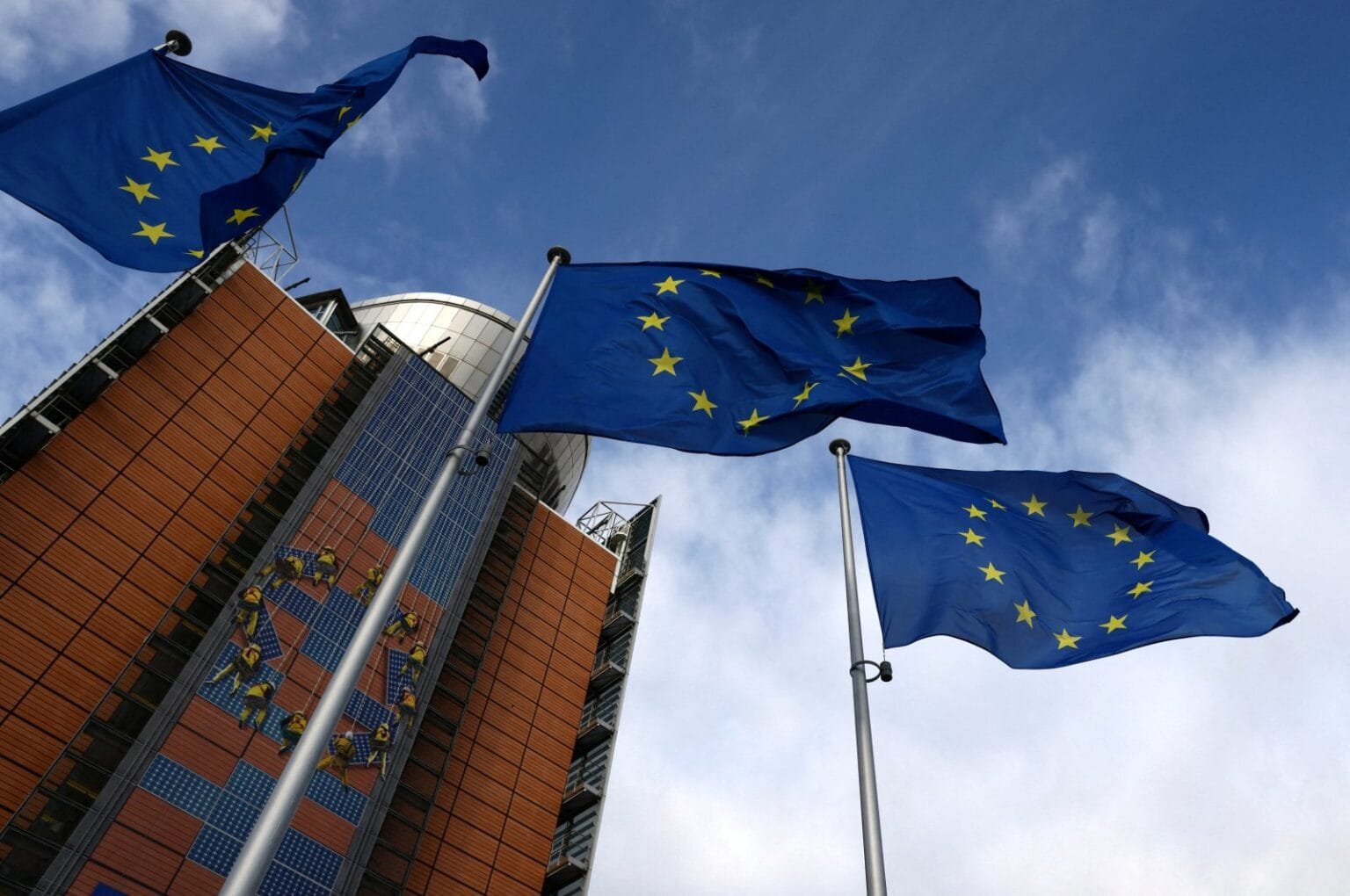The European Union on Friday agreed to extend its sanctions regime against Russia for “hybrid threats” by an additional year, pushing the expiration date to October 9, 2026. The decision, adopted by the EU Council, targets individual actors and organizations implicated in destabilizing activities—especially foreign information manipulation and interference (FIMI)—that the bloc views as core elements of Russia’s pressure toolkit against the EU and its partners.
Under the extended regime, 47 individuals and 15 entities remain subject to asset freezes, with EU persons and firms prohibited from making funds or economic resources available to them, and travel bans preventing their entry or transit through EU territory. The sanctions were first adopted in October 2024, and have since been bolstered to respond to the evolving nature of Russia’s hybrid operations—including disinformation campaigns, cyberattacks, influence operations, and other non-kinetic tactics.
The timing comes amid heightened concerns in Europe about drone intrusions, cyber incidents, and covert destabilization efforts. At a summit in Copenhagen, EU leaders voiced alarm over recent hybrid aggressions and underscored the need for stronger collective resilience. The extension signals that the EU sees such threats not as episodic, but as sustained vectors of confrontation requiring continuous countermeasures.





